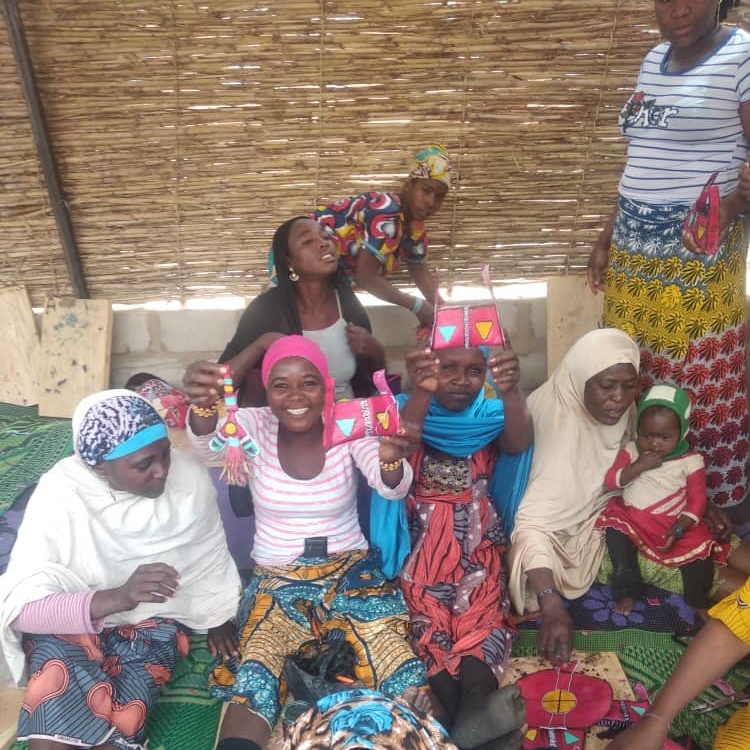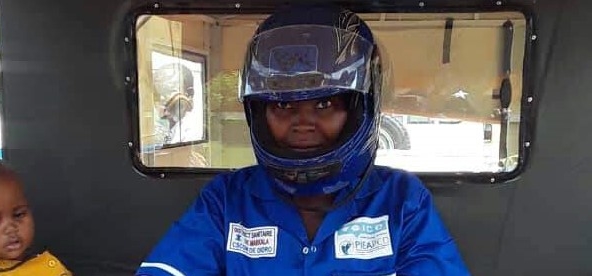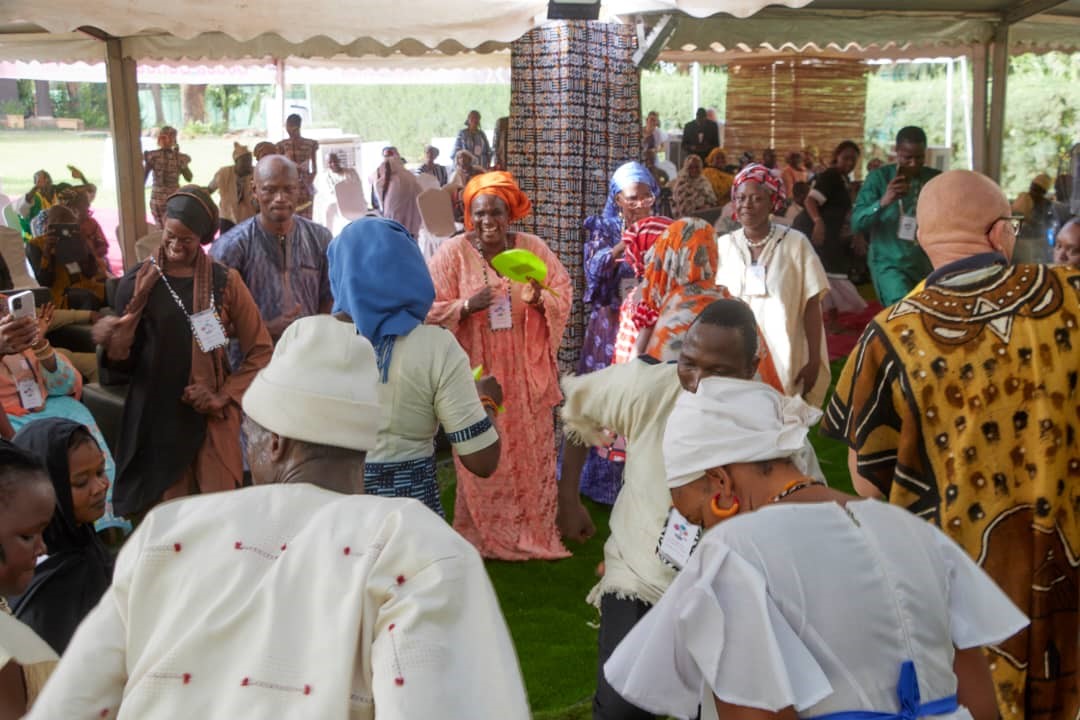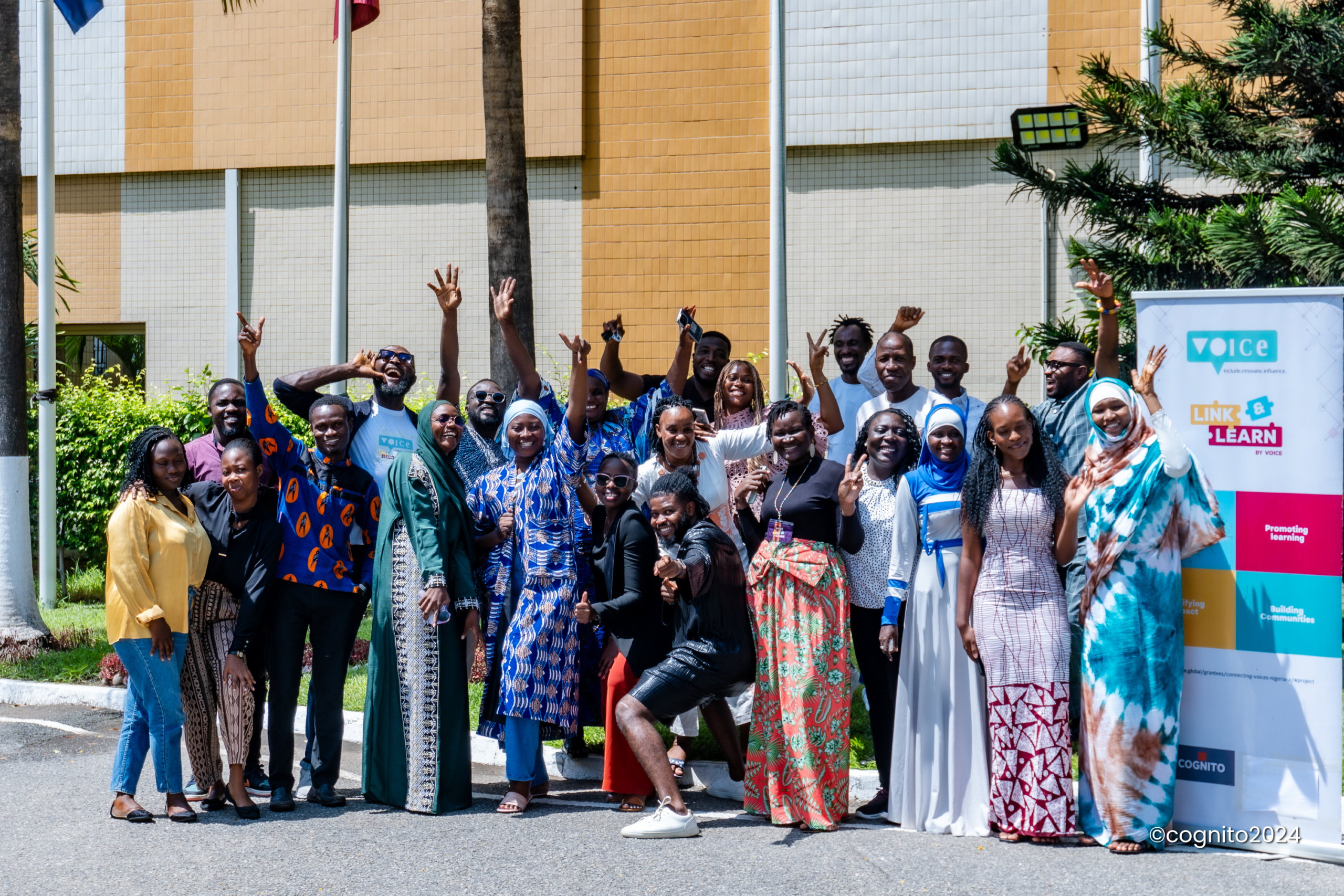After the project ends…..
The motor-ambulance drivers from Mali talk
Written by Sitan COULIBALY, Linking, Learning and Communication Officer Voice at OXFAM in Mali
The 23rd of May is the International Day to End Obstetric Fistula. In Mali, it is estimated that there are 600 new fistula cases per year. To reduce this rate, our partner PIEACPD, (Plateforme d’Initiatives, d’Expertises en Éducation et d’Appui à la promotion des Collectivités Décentralisées) has developed a better approach to reach potentially affected women. One of these solutions has been to improve the transportation system to access sexual and reproductive health services. Their project The Prevention and Response to Obstetric Fistula through Improved Transport – funded by an Innovate and Learn grant – has just ended after two years of implementation but with remarkable results.
What were the experiences of the female drivers? In this blog the rightsholders – in this case fistula survivors speak up.
The innovation of this project lies in the fact that it was led by the women survivors themselves for 2 years to support other survivors as well as to prevent other women from suffering the same fate.
Most fistula cases in villages are due to delays in transport to the health centres, so the project provided three motorcycle ambulances to be driven by women of reproductive age and fistula survivors to provide better access to health facilities. And thus to minimise the risks of obstetrics, including obstetric fistulas. They also focused on raising women’s awareness of their reproductive health and rights.
For Sitan Founè KEITA, 24, married and mother of two children and a motorcycle ambulance driver, the experience was rich and unforgettable.

Before the project, I was confined to my home although I would have benefited from referral and medical care by the hospital. I regularly attended the check-ups I was assigned, and today I am cured.
Women fistula survivors are ostracised by society; other women denigrate them with hurtful words. Some are abandoned by their husbands, others are left to fend for themselves because their husbands’ families no longer want them.
These are the reasons that gave me the courage to do the awareness raising activities by PIEAPCD, through these activities I had self-confidence, today I share my experience and I speak on behalf of thousands of women so that the community can stop marginalising us.
After the learning sessions I have already carried out eight evacuations from the village to the Community Health Centre, I know how to use a telephone in case of an alert, my financial situation has improved,and I have found comfort in a more secure social environment. Through these activities I am now involved in making decisions concerning women in the health centre. And we are in the process of putting strategies in place to continue with the motorcycle ambulances after the end of the project.
President of the Dioro Community Health Association shared their plans
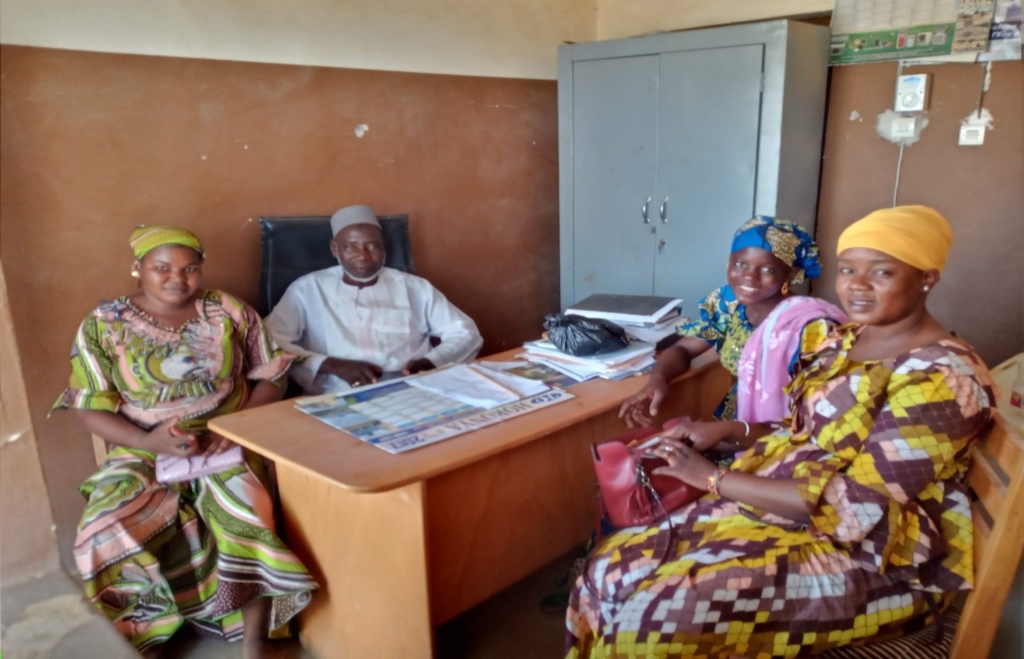
“It is a first for the village of Dioro and the surrounding area to have such a project. PIEAPCD works with women to support other women in the referral-evacuation framework for improved health and reproductive health care at the community level.
We will now work together to better involve women in the management of obstetrical emergencies, the motorcycle ambulance initiative is a godsend for us, women will be able to drive themselves, and reduce the first delay.”

